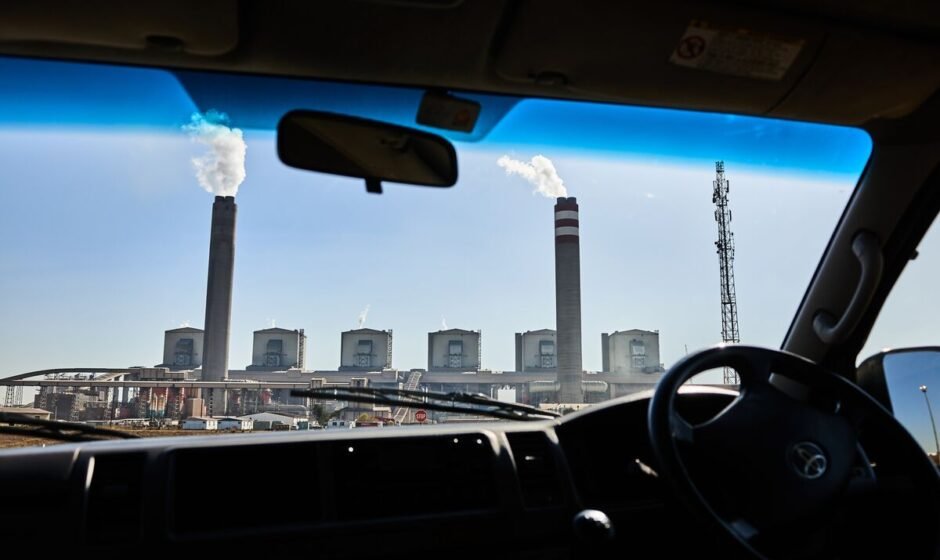South African insurance companies are facing a substantial challenge due to climate change, which could result in higher premiums and reinsurance costs, warned a senior executive from the country’s largest insurer by assets.
Garth Napier, the managing director of a unit at Old Mutual Ltd., revealed that the cost of reinsuring against catastrophic events for the company has surged by up to 30% after remaining relatively stable over the past decade until 2020.
The detrimental effects of climate change, such as extreme weather events and natural disasters, have become increasingly frequent and severe in recent years. These events pose a significant risk to insurance companies, as they are required to cover the costs of damages and losses incurred by their customers.
The rise in reinsurance costs is a direct result of the heightened risks associated with climate change. As insurers seek to protect themselves from potential financial losses, they turn to reinsurers who provide coverage for large-scale and high-cost claims. However, the increased frequency and severity of climate-related events have led reinsurers to raise their prices, passing the additional costs onto insurance companies.
This shift in the reinsurance market has far-reaching implications for South African insurance companies, as it directly impacts the cost of coverage for their policyholders. As reinsurers charge higher premiums, insurance companies are forced to adjust their own pricing accordingly, resulting in increased premiums for customers.
The consequences of rising insurance premiums are particularly concerning for South Africa, where a significant portion of the population is already vulnerable to economic hardships. With higher premiums, individuals and businesses may struggle to afford essential insurance coverage, leaving them exposed to the financial risks associated with climate-related events.
Furthermore, the increased cost of reinsurance puts additional strain on insurance companies’ financial resources. As they allocate more funds towards reinsurance, insurers may have limited capital available for other investments, potentially hindering their ability to expand their businesses or offer competitive products and services.
To address these challenges, insurance companies in South Africa must adapt their strategies and risk assessments to account for the growing impact of climate change. This may involve incorporating climate risk models into their underwriting processes, enhancing their claims handling capabilities, and exploring alternative risk transfer mechanisms.
Additionally, collaboration between insurers, reinsurers, and government agencies is crucial in developing comprehensive and sustainable solutions to mitigate the risks associated with climate change. By working together, stakeholders can improve their understanding of climate-related risks, develop innovative insurance products, and promote resilience within communities.
In conclusion, climate change has emerged as a significant threat to South African insurance companies, resulting in higher premiums and reinsurance costs. It is imperative for insurers to proactively address these challenges and seek collaborative solutions to ensure the long-term sustainability of the industry while protecting the interests of policyholders.




